6 Online Forensic Science Degree Programs with Lab Components: Hands-On Learning from Home

Online forensic science degrees are becoming more popular for students interested in criminal investigations and lab work.
These programs let you study from home while still getting hands-on experience.
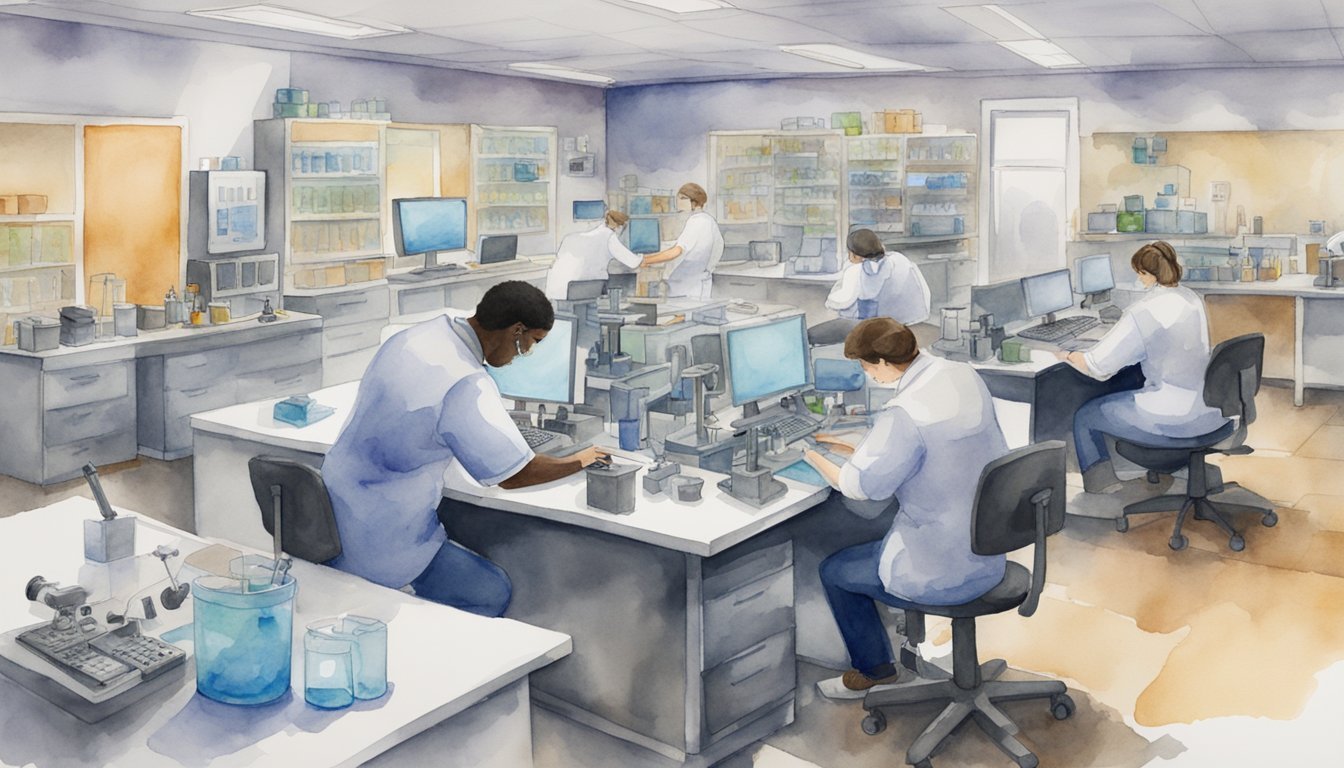
You can earn a forensic science degree online that includes lab components to build practical skills. Some schools offer virtual labs, while others require short on-campus sessions.
This mix of online learning and lab work helps prepare you for careers in crime labs, law enforcement, and other forensic settings.
1) University of Florida Online Forensic Science Program
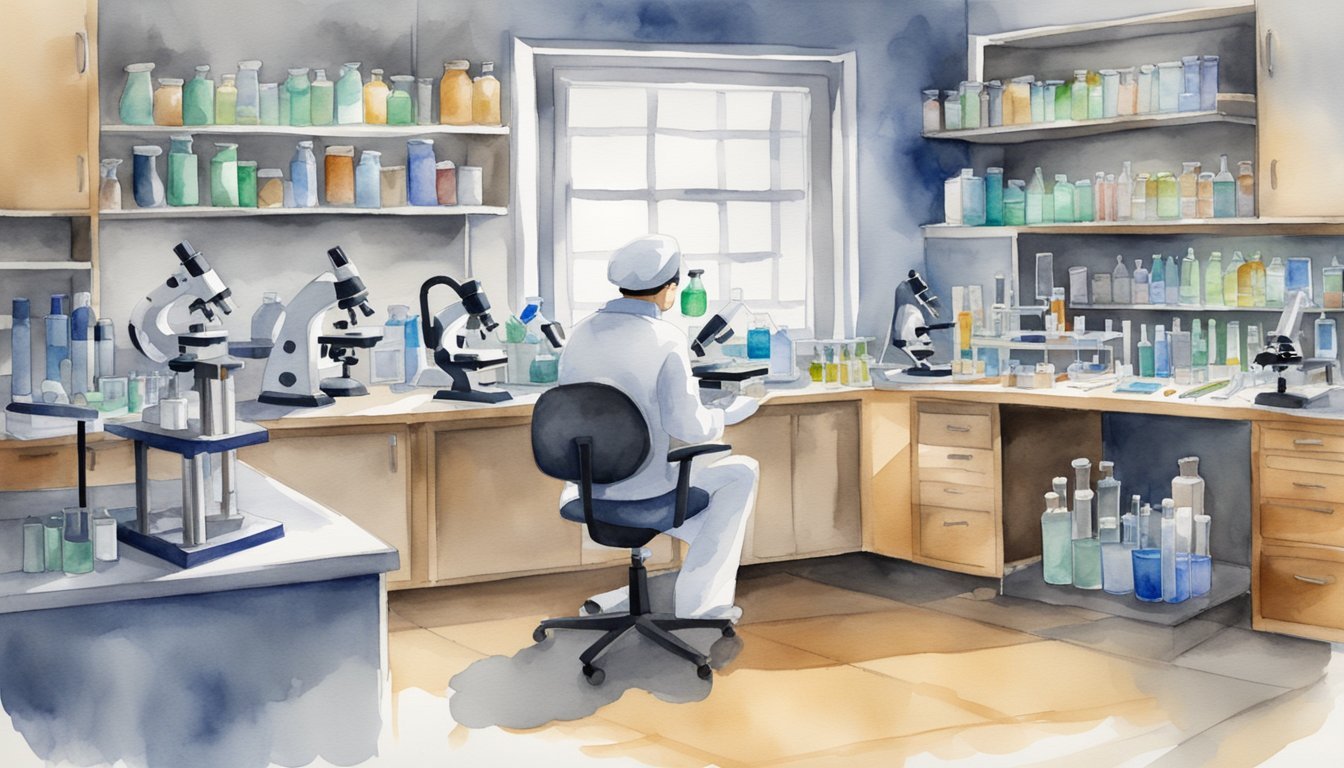
The University of Florida offers a Forensic Science Online Master’s Degree through its College of Pharmacy.
This program allows you to earn a Master of Science in Pharmacy with a focus on forensic science.
You’ll take 18 credits of required courses and 14 credits of electives.
This structure gives you the chance to explore various forensic disciplines while tailoring your education to your interests.
The program is designed for working professionals.
You can complete all coursework entirely online with asynchronous elements, allowing you to study at your own pace from anywhere.
UF’s online master’s degree offers four specialized concentrations.
These options let you focus on the areas of forensic science that interest you most.
In addition to your chosen specialization, you’ll gain a strong foundation in forensic science, data analysis, and laboratory quality assurance and control.
This broad knowledge base prepares you for various career paths in the field.
The University of Florida’s program stands out for its comprehensive approach.
You’ll learn from experts in the field and have access to cutting-edge research and techniques.
2) Arizona State University Online Forensic Science
Arizona State University offers an online Bachelor of Science in Forensic Science program.
This degree provides you with a strong foundation in biology and chemistry.
The program includes a unique lab component.
You’ll participate in a two-week in-person experience on ASU’s campus in Arizona.
During this time, you’ll learn lab skills from experts in the field.
You’ll also take part in simulated crime scenes and lab scenarios.
These hands-on activities help you apply your knowledge in practical settings.
You’ll analyze DNA evidence and work on real-world forensic problems.
The curriculum covers a wide range of topics.
You’ll study anatomy, biology, and chemistry.
The program also offers specialized courses in forensic techniques for investigating death.
ASU’s online forensic science program prepares you for a career in law enforcement, crime labs, or further studies.
You’ll gain skills in scientific methods, critical thinking, and evidence analysis.
3) Liberty University BS in Criminal Justice – Forensics
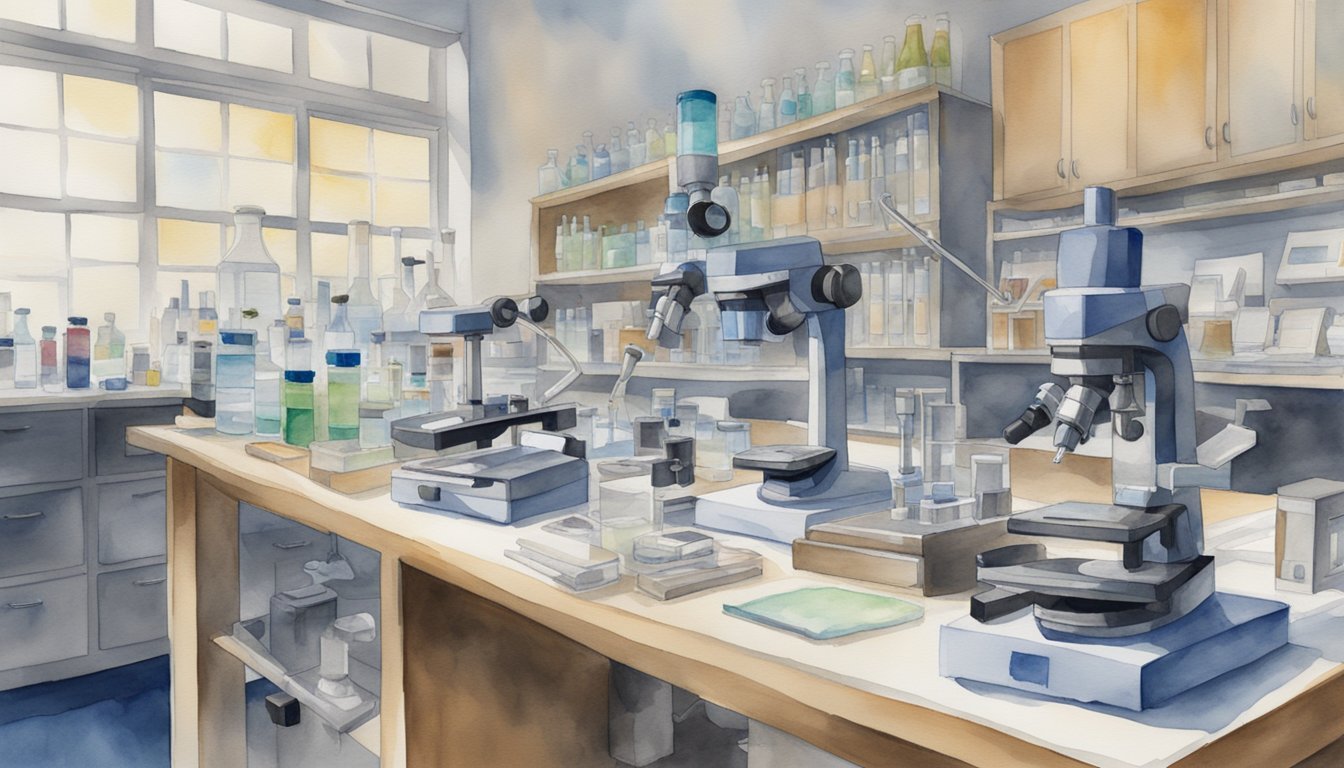
Liberty University offers a Bachelor of Science in Criminal Justice with a focus on Crime Scene Investigation.
This program helps prepare you for roles in forensic science and criminal justice.
The degree covers essential skills typically studied in criminal justice programs.
You’ll learn about investigative forensics and gain the knowledge needed to succeed in this field.
Throughout your studies, you’ll discover how to work with law enforcement to launch and facilitate successful investigations.
The program aims to give you a strong understanding of the criminal justice system.
Liberty’s forensic science degree provides interdisciplinary training in chemistry, biology, and criminal justice.
This combination of subjects helps prepare you for various career opportunities in the field.
You’ll benefit from hands-on practical laboratory exercises as part of your coursework.
These labs help you gain real-world experience and apply theoretical knowledge to practical situations.
The program also offers opportunities for internships in local and national labs.
These internships can provide valuable experience and help you build professional connections in the field.
Upon graduation, you’ll be prepared for careers in federal, state, and private forensic laboratories.
The skills and knowledge you gain can open doors to various roles in the forensic science and criminal justice sectors.
4) Penn State World Campus Online Forensic Science Program
Penn State World Campus offers a Bachelor of Science in Criminal Justice that includes forensic science components.
This program gives you a strong foundation in criminal justice principles and practices.
You’ll take courses in criminology, law enforcement, and corrections.
The program also covers forensic science topics to help you understand how scientific methods are used in criminal investigations.
Penn State’s online program allows you to study at your own pace.
You can balance your education with work and family commitments.
The curriculum includes courses in forensic science that introduce you to evidence collection and analysis techniques.
You’ll learn about crime scene investigation, fingerprinting, and DNA analysis.
While the program is mostly online, you may have opportunities for hands-on learning.
Some courses might include virtual lab simulations or at-home experiments to give you practical experience.
Penn State World Campus is known for its high-quality online education.
You’ll learn from experienced faculty and gain skills valued in the criminal justice field.
This program can prepare you for careers in law enforcement, corrections, or forensic science labs.
It also provides a good foundation if you want to pursue further studies in forensic science.
5) California State University-Los Angeles Online MS in Criminalistics
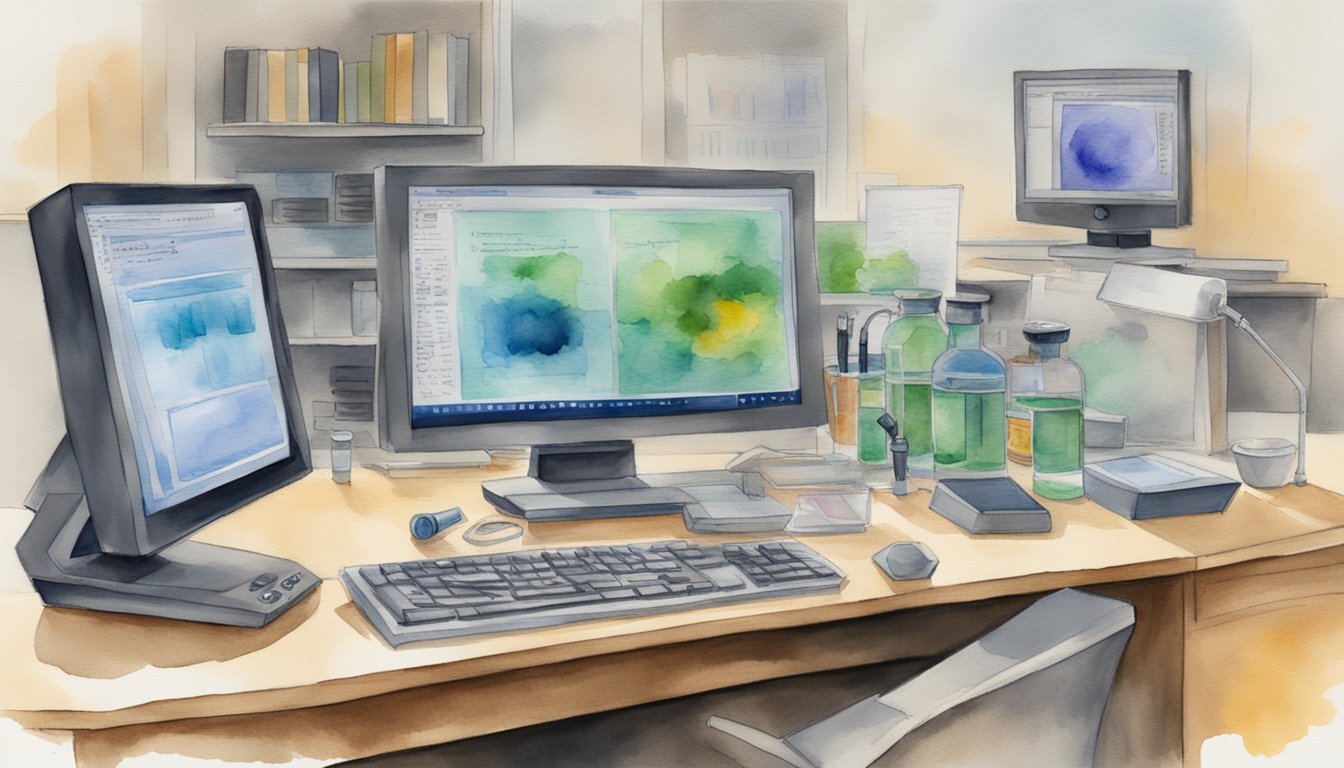
Cal State LA offers an online Master of Science in Criminalistics program.
This degree prepares you for a career in forensic science and crime scene investigation.
The program includes both online coursework and hands-on lab components.
You’ll learn about forensic analysis techniques, crime scene processing, and evidence collection.
Cal State LA’s criminalistics program provides access to state-of-the-art forensic lab facilities.
You’ll gain practical experience with modern forensic equipment and techniques.
The curriculum covers topics like DNA analysis, toxicology, trace evidence, and firearms examination.
You’ll also study legal aspects of forensic science and courtroom testimony.
Graduate assistantships are available to help fund your studies.
These positions provide valuable research and teaching experience.
The program offers internship opportunities with forensic labs and law enforcement agencies.
These internships let you apply your skills in real-world settings.
Cal State LA’s criminalistics degree is designed for working professionals.
The online format allows you to balance your studies with your career and personal commitments.
Upon graduation, you’ll be prepared for roles in crime labs, law enforcement agencies, and private forensic firms.
The program also provides a foundation for further study at the doctoral level.
6) University of Maryland Global Campus Online Forensic Investigations
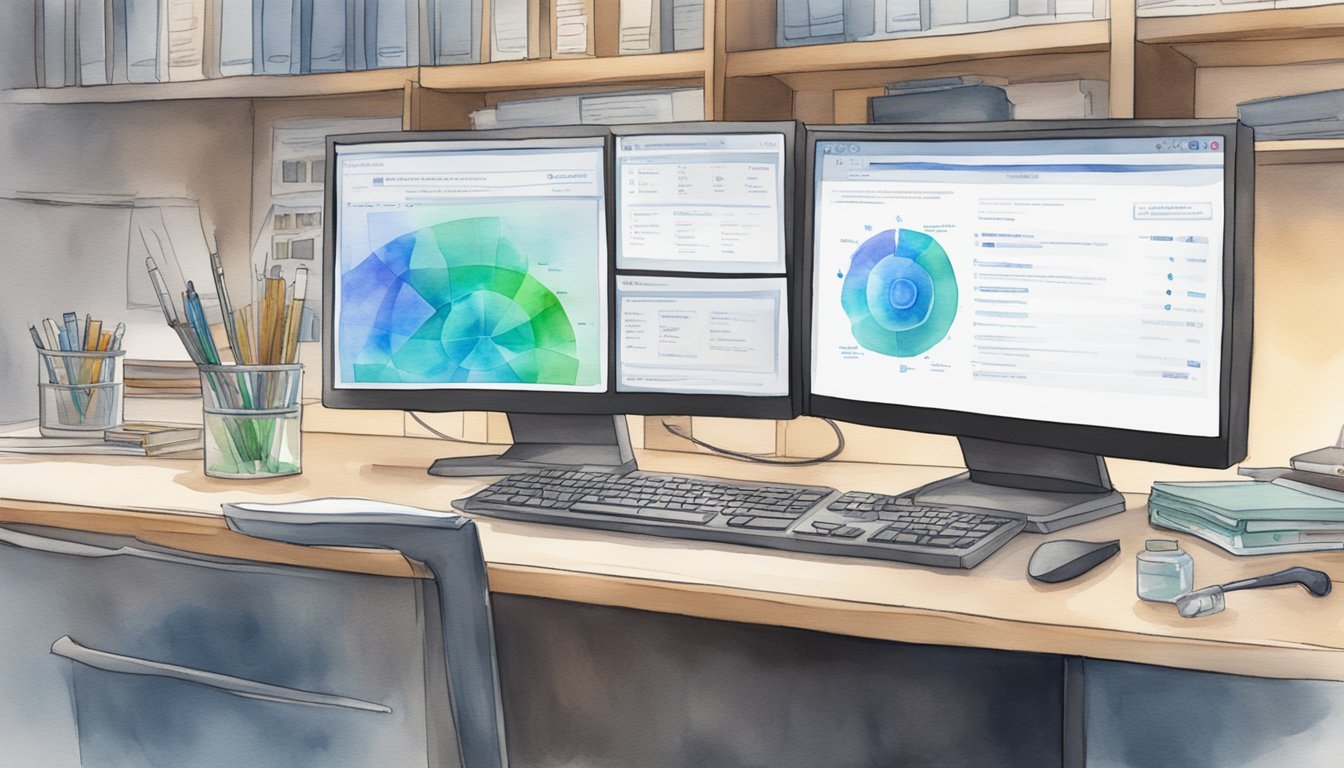
The University of Maryland Global Campus offers online programs in digital forensics and cyber investigation.
These programs are designed to meet the growing demand for skilled professionals in cybercrime analysis and mitigation.
You can choose between a master’s degree and a graduate certificate in this field.
Both options provide you with a strong foundation in digital forensics.
In the program, you’ll learn how to determine if a digital system has been attacked or compromised.
You’ll also become familiar with industry-standard tools and procedures used in forensic investigations.
The curriculum focuses on developing investigative, leadership, and executive skills.
These are crucial for analyzing and addressing cyber crimes effectively.
You’ll have the opportunity to connect with experienced faculty members and a network of professionals in the field.
This can be valuable for your career growth and learning.
The online format allows for convenient study options.
You can balance your education with other commitments while gaining expertise in this critical area of cybersecurity.
UMGC also offers an undergraduate certificate in crime scene investigation.
This program builds skills in forensic science and prepares you for roles in criminal justice and law enforcement.
By completing these programs, you’ll be well-equipped to contribute to public safety and make an impact in the field of forensic investigations.
Importance of Lab Components in Forensic Science Degrees
Lab components are vital in forensic science education.
They provide real-world experience, develop critical skills, and prepare students for successful careers in the field.
Hands-On Experience
Lab work gives you practical exposure to forensic techniques.
You’ll learn to collect evidence, analyze samples, and use specialized equipment.
This hands-on practice is crucial for understanding complex concepts.
In labs, you’ll work with real forensic tools and materials.
You might process fingerprints, examine DNA samples, or analyze trace evidence.
These activities help you grasp the realities of forensic work.
Many online forensic science programs include virtual labs.
These simulate crime scenes and evidence analysis.
Some even offer in-person lab components to enhance your learning.
Skill Development
Lab components sharpen essential forensic skills.
You’ll improve your attention to detail, critical thinking, and problem-solving abilities.
You’ll learn to:
- Document findings accurately
- Follow strict protocols
- Work with precision and care
These skills are crucial in real-world forensic work.
Lab practice helps you develop them in a controlled setting.
You’ll also gain experience with teamwork and communication.
Many lab activities involve group work, mirroring the collaborative nature of forensic investigations.
Career Readiness
Lab experience makes you more attractive to employers.
It shows you can apply theoretical knowledge in practical situations.
Many forensic science careers require lab proficiency.
By gaining this experience during your degree, you’ll be better prepared for job opportunities.
Lab work also helps you decide which areas of forensic science interest you most.
You might discover a passion for DNA analysis or toxicology through hands-on experience.
Some programs offer internships or partnerships with law enforcement agencies.
These opportunities let you apply your lab skills in real-world settings.
Types of Lab Work in Forensic Science Programs
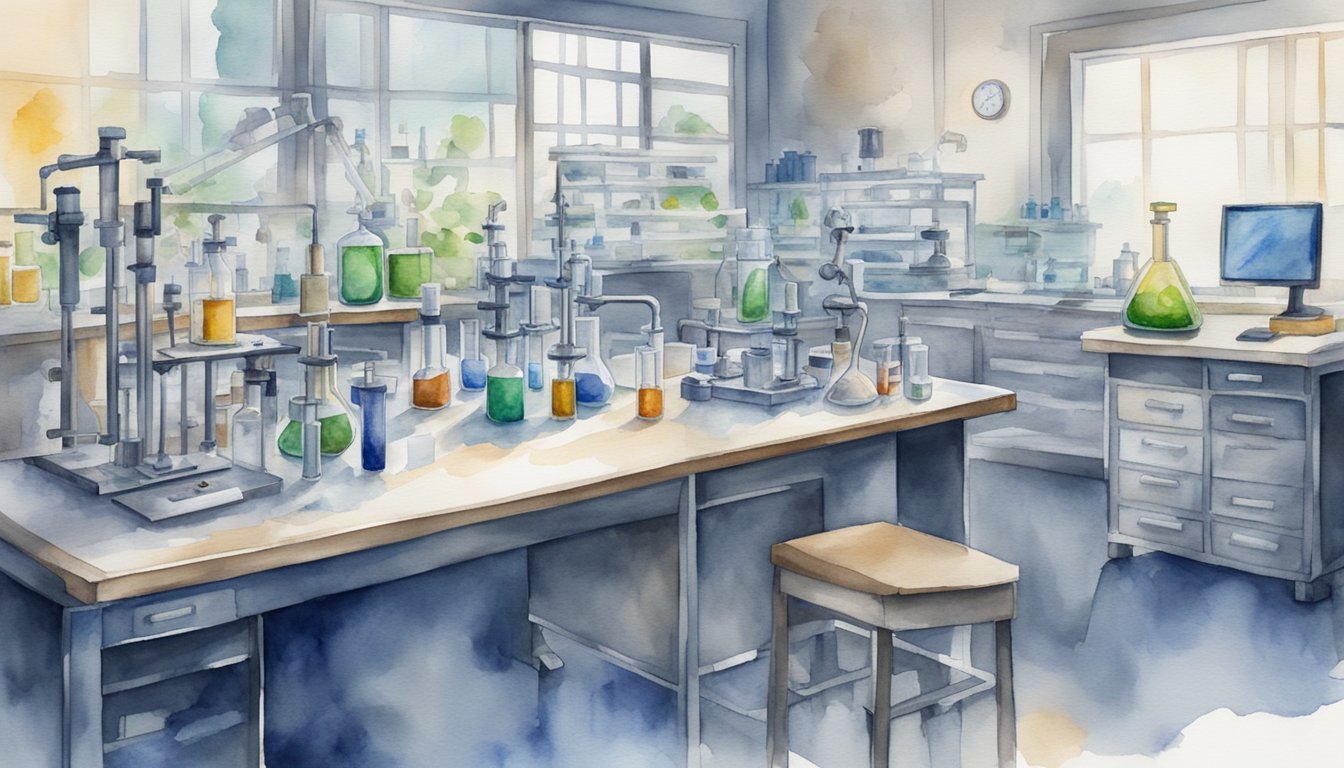
Online forensic science programs with lab components offer hands-on experience in key areas.
You’ll gain practical skills in crime scene analysis, DNA testing, and toxicology studies.
Crime Scene Investigation
In crime scene labs, you’ll learn to secure and document evidence.
You’ll practice:
- Photographing crime scenes
- Collecting fingerprints
- Casting footwear impressions
- Analyzing blood spatter patterns
These labs use mock crime scenes to simulate real-world conditions.
You’ll work with tools like UV lights and fingerprint powders.
Some programs offer virtual reality simulations.
These allow you to explore crime scenes remotely.
You’ll learn to spot crucial details and preserve evidence integrity.
DNA Analysis
DNA labs teach you to extract, amplify, and analyze genetic material.
You’ll use equipment like:
- PCR machines for DNA amplification
- Gel electrophoresis units for DNA separation
- Genetic analyzers for DNA profiling
You’ll practice handling biological samples safely.
This includes blood, saliva, and hair.
Labs often focus on techniques like:
- Short tandem repeat (STR) analysis
- Mitochondrial DNA testing
- Y-chromosome analysis
These skills are crucial for identifying suspects and victims.
Toxicology Studies
In toxicology labs, you’ll learn to detect and measure drugs and poisons.
You’ll use instruments such as:
- Gas chromatography-mass spectrometry (GC-MS)
- Liquid chromatography-mass spectrometry (LC-MS)
- Immunoassay analyzers
You’ll practice preparing samples and interpreting test results.
Labs often cover:
- Drug screening in biological fluids
- Alcohol analysis in blood and breath samples
- Poison detection in food or drink
You’ll also learn about chain of custody procedures.
This ensures sample integrity from collection to analysis.
Frequently Asked Questions
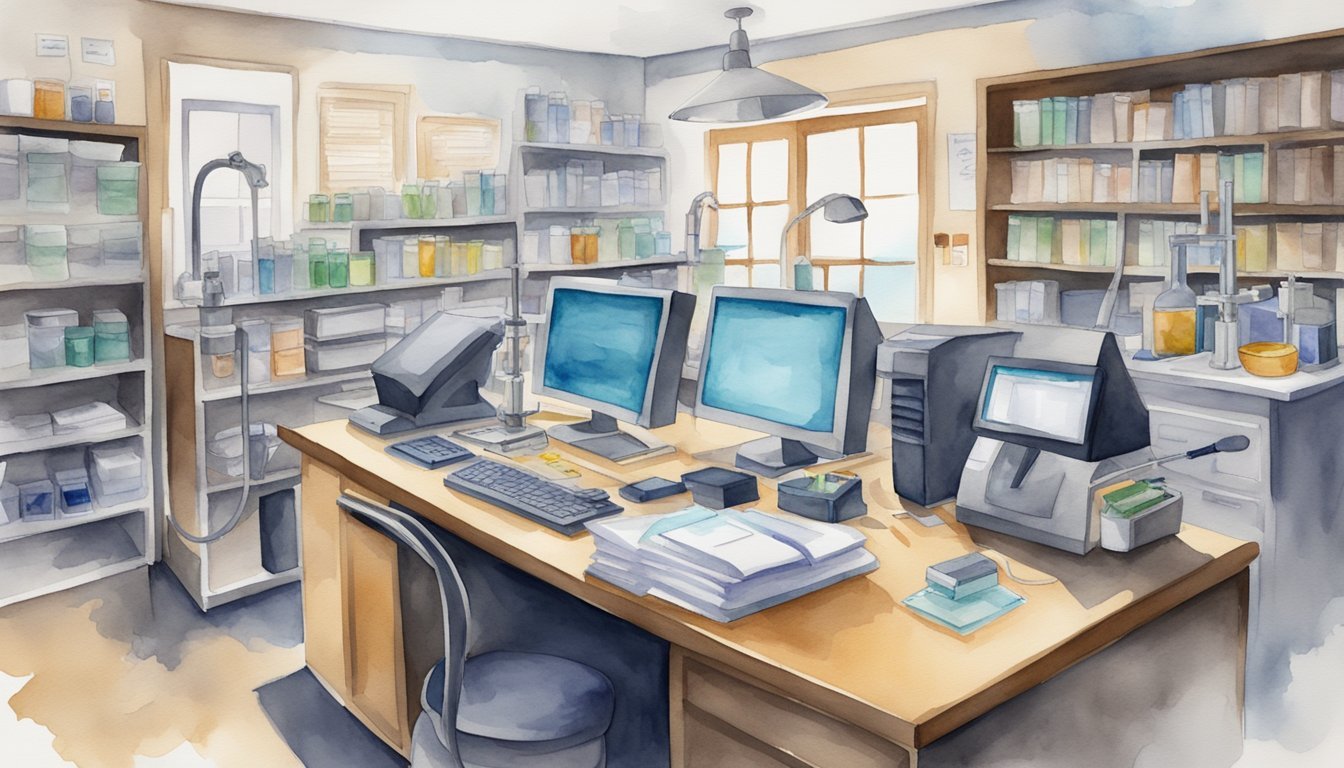
Online forensic science programs with lab components offer hands-on experience.
These programs balance virtual learning with practical skills needed in the field.
What are the top accredited online forensic science degree programs that include laboratory components?
The University of Florida Online Forensic Science Program is a top choice.
It offers virtual labs and optional in-person experiences.
Arizona State University’s Online Forensic Science program is another excellent option.
It includes a two-week on-campus lab session.
Which institutions offer the most affordable online forensic science degrees with lab experiences?
Liberty University’s BS in Criminal Justice – Forensics is known for its affordability.
It combines online learning with practical lab work.
Penn State World Campus Online Forensic Science Program offers competitive pricing.
You’ll get hands-on experience through at-home lab kits.
How can I pursue a forensic science certificate online that involves hands-on lab work?
Many universities offer online certificates with lab components.
You can often complete lab work using home kits or during short campus visits.
Look for programs that partner with local labs.
This allows you to gain hands-on experience in your area.
What are the prerequisites for enrolling in an online master’s degree in forensic science with lab components?
Most programs require a bachelor’s degree in a related field.
This could be biology, chemistry, or criminal justice.
Some experience in laboratory work is often preferred.
Basic knowledge of statistics and research methods is also helpful.
Are there any free online forensic science courses that provide laboratory skills and components?
Free courses with lab components are rare.
However, some platforms offer introductory forensic science courses at no cost.
These free courses often lack hands-on lab work.
They’re best for getting a feel for the field before committing to a full program.
Which online colleges are recognized for excellence in forensic science education with practical laboratory training?
California State University-Los Angeles offers an Online MS in Criminalistics.
It’s known for its rigorous curriculum and practical training.
The University of Florida’s program is highly regarded.
It combines online learning with optional in-person lab experiences.






